Beyond zinc and vitamin D, what other specific dietary nutrients play a significant role in supporting healthy testosterone levels in men?
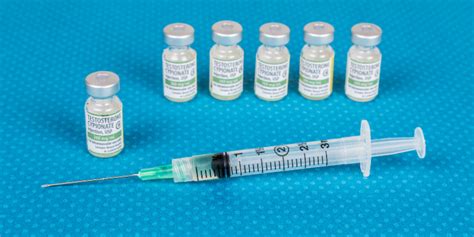
The Unsung Heroes of Testosterone Support
While zinc and vitamin D rightfully receive significant attention for their crucial roles in testosterone synthesis and regulation, the landscape of male hormonal health is far more intricate. A host of other specific dietary nutrients work synergistically to support robust testosterone levels, influence hormone conversion, and protect testicular function. Understanding these less-talked-about powerhouses can empower men to optimize their diet for peak hormonal health.
Magnesium: The Mineral Maestro
Magnesium is an essential mineral involved in over 300 enzymatic reactions in the body, and its impact on testosterone is profound. Studies suggest that magnesium can increase both total and free testosterone levels. It achieves this by reducing the binding of testosterone to Sex Hormone Binding Globulin (SHBG), a protein that renders testosterone inactive. Furthermore, magnesium plays a role in energy production and muscle function, both indirectly supporting an environment conducive to healthy hormone levels.
- Food Sources: Abundant in leafy green vegetables (spinach, kale), nuts (almonds, cashews), seeds (pumpkin, chia), legumes, whole grains, and dark chocolate.
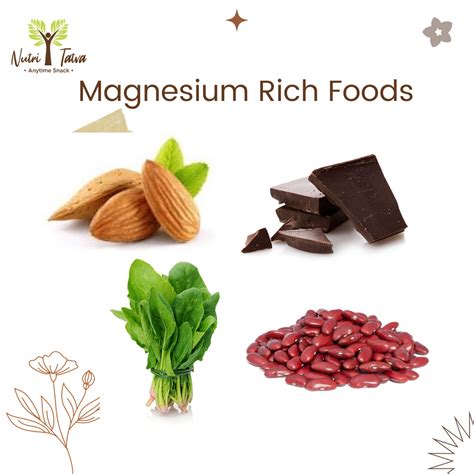
Boron: The Hormone Optimizer
Boron, a trace mineral, has shown promising effects on testosterone levels. Research indicates that boron supplementation can significantly increase free testosterone and decrease estradiol (a form of estrogen) in men. It’s believed to reduce SHBG, thereby freeing up more usable testosterone, and may also play a role in converting vitamin D into its active form, indirectly supporting testosterone production.
- Food Sources: Found in fruits (apples, pears, grapes, prunes), vegetables (leafy greens, potatoes), nuts, and legumes.
Vitamin K2: Beyond Bone Health
Often overshadowed by Vitamin K1, Vitamin K2 (menaquinone) is gaining recognition for its diverse health benefits, including its potential role in male hormonal health. Studies suggest that K2 may stimulate testosterone production in the testes by influencing certain enzyme activities involved in steroidogenesis. It also plays a crucial role in cardiovascular health and bone density, contributing to overall well-being which is foundational for hormonal balance.
- Food Sources: Primarily found in fermented foods like natto (a Japanese fermented soybean product), certain cheeses, egg yolks, and organ meats. Grass-fed butter and dairy products also contain K2.
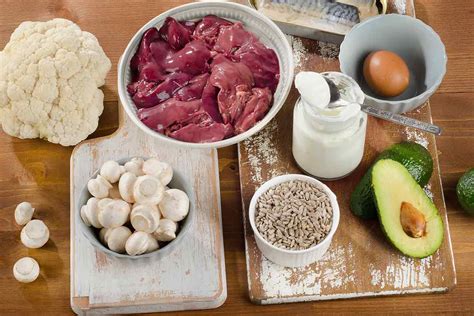
Selenium: The Antioxidant Protector
Selenium is a powerful antioxidant that plays a vital role in testicular function and overall reproductive health. It helps protect sperm from oxidative damage and is essential for the synthesis of testosterone. Adequate selenium levels are associated with improved sperm quality and motility, and can support the integrity of Leydig cells in the testes, which are responsible for testosterone production.
- Food Sources: Brazil nuts are exceptionally high in selenium; also found in seafood (tuna, cod, shrimp), organ meats, eggs, and whole grains.
Healthy Fats and Cholesterol: The Building Blocks
It’s a common misconception that all fats are bad. In fact, healthy dietary fats, especially monounsaturated (MUFAs) and saturated fats (SFAs) in moderation, are absolutely critical for testosterone production. Cholesterol, derived from these fats, is the direct precursor to all steroid hormones, including testosterone. Without sufficient cholesterol, the body cannot adequately synthesize this vital hormone.
- Food Sources:
- MUFAs: Avocados, olive oil, nuts (almonds, pecans), seeds (sesame, pumpkin).
- SFAs (in moderation): Pastured egg yolks, grass-fed butter, coconut oil, red meat.
Omega-3 Fatty Acids: Inflammation Control
While not a direct precursor, Omega-3 fatty acids, particularly EPA and DHA, are crucial for maintaining an environment conducive to healthy testosterone levels. They are powerful anti-inflammatory agents. Chronic inflammation can negatively impact testicular function and hormone signaling. By reducing systemic inflammation, Omega-3s help support the optimal functioning of Leydig cells and overall endocrine health.
- Food Sources: Fatty fish (salmon, mackerel, sardines), flaxseeds, chia seeds, walnuts.
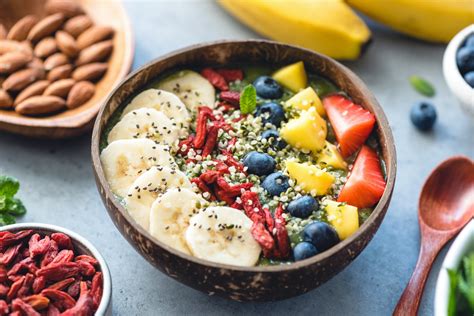
Holistic Dietary Approach for Optimal T Levels
The key to supporting healthy testosterone levels extends far beyond focusing on one or two nutrients. It involves embracing a diverse, nutrient-dense diet that provides all the necessary building blocks and cofactors for hormone synthesis and regulation. Incorporating a wide variety of whole foods ensures that you’re not only getting these specific nutrients but also the myriad of other vitamins, minerals, and antioxidants that work in concert to promote overall health and hormonal balance.
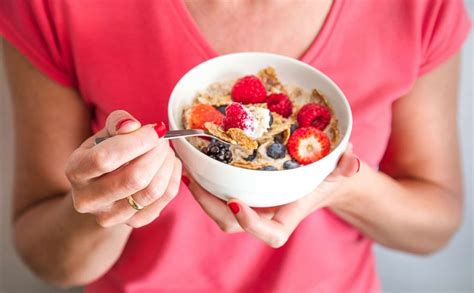
Beyond diet, factors such as adequate sleep, regular exercise, stress management, and limiting exposure to endocrine-disrupting chemicals also play significant roles. However, prioritizing a diet rich in these ‘unsung hero’ nutrients can lay a powerful foundation for robust testosterone levels and improved vitality.









